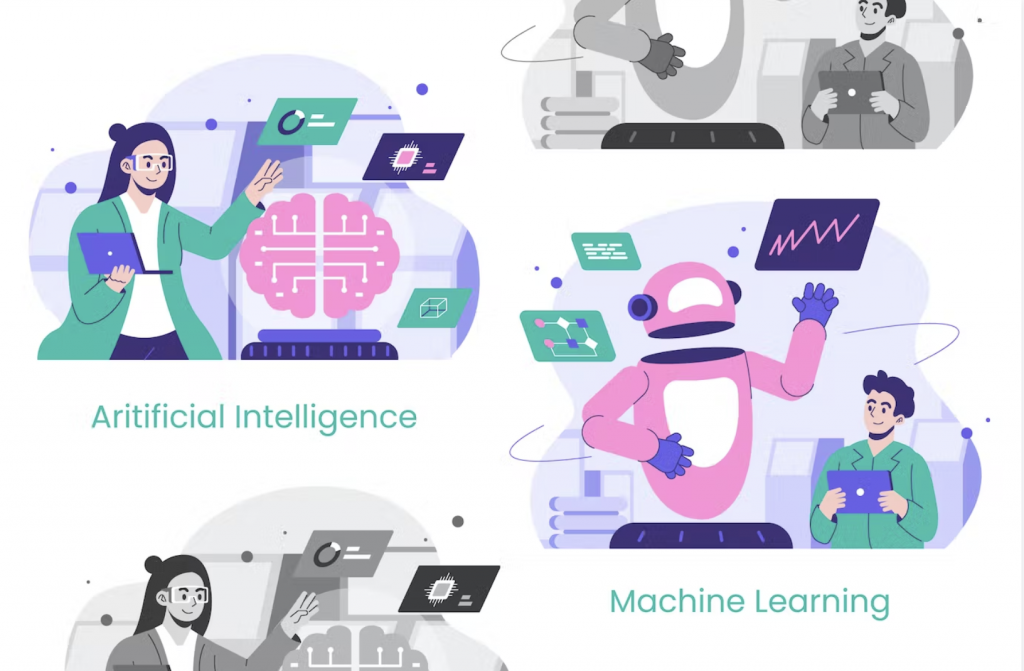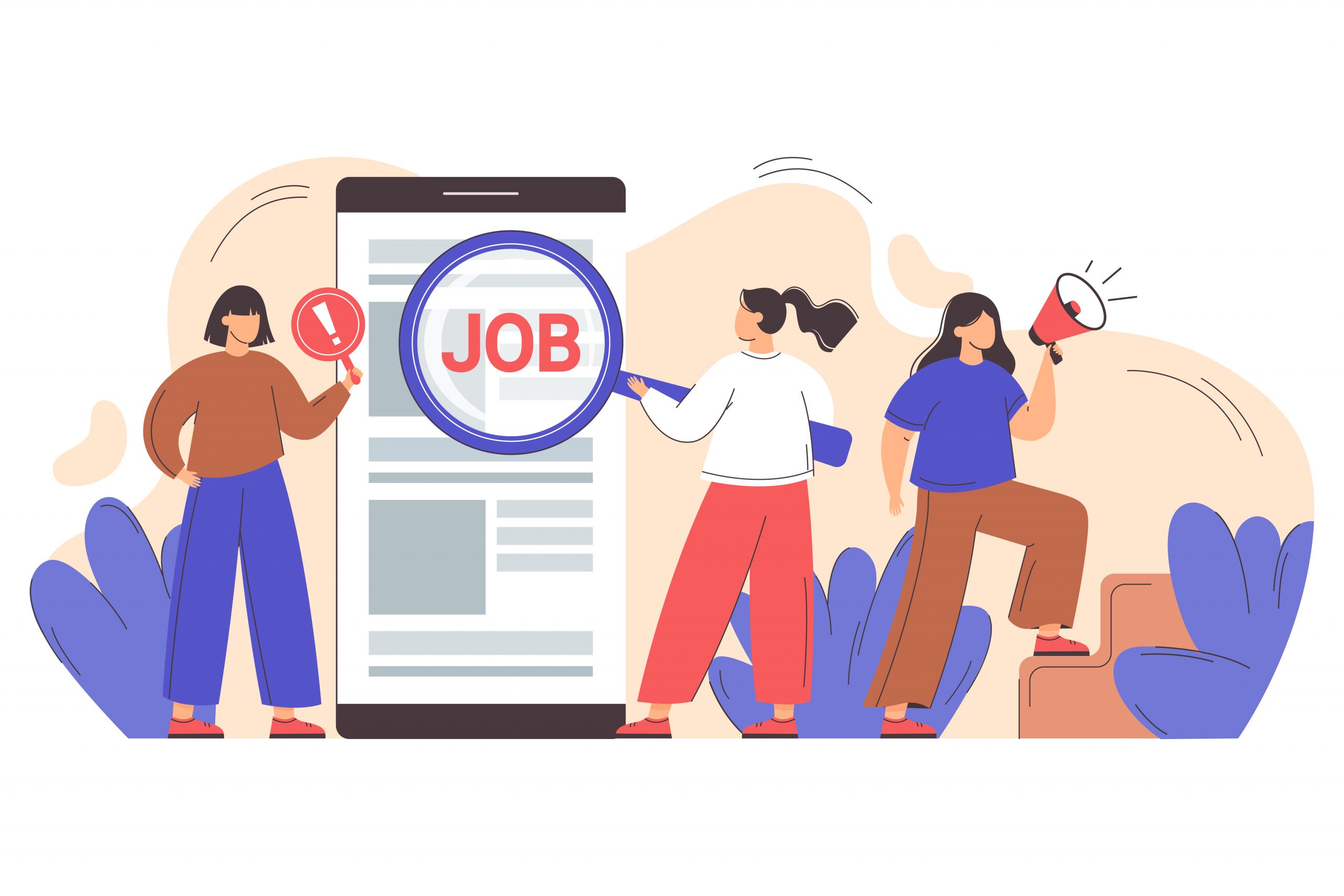We are living in a time when AI is being used more and more, planning a career means being flexible, learning all the time, and focusing on developing skills that work with AI instead of against it. Here are some steps you can take to plan your career in this setting:
Planning a career in the era of increasing AI adoption requires adaptability, continuous learning, and a focus on developing skills that complement AI rather than compete with it. Here are some steps to help you plan your career in this environment:
- Embrace lifelong learning: Continuously update your knowledge and skills by engaging in online courses, workshops, or certifications. Stay informed about industry trends and technology advancements, and be ready to adapt as needed.
- Develop transferable skills: Focus on developing soft skills such as problem-solving, critical thinking, creativity, emotional intelligence, and communication. These skills are less likely to be automated and are valuable in various industries.
- Specialize in fields with human-AI collaboration: Some fields will continue to require human expertise combined with AI. Examples include data analysis, AI ethics, human-computer interaction, and AI explainability. Pursue a career in these areas to leverage your unique human skills alongside AI technology.
- Focus on industries less prone to automation: Some sectors are less likely to be heavily impacted by AI, such as healthcare, education, social work, and creative industries. Consider pursuing careers in these fields.
- Learn about AI and programming: Even if you don’t plan to become an AI developer, understanding how AI systems work and basic programming skills can be valuable. This knowledge will help you collaborate with AI specialists and adapt to new technologies in your field.
- Network and stay informed: Attend conferences, webinars, and industry events to learn about the latest developments in AI and your field. Networking can help you find new opportunities and stay informed about potential job losses or changes in your industry.
- Develop an entrepreneurial mindset: Be prepared to create your own opportunities or start a business. This mindset can help you navigate the job market and identify new areas where your skills can be valuable.
- Be open to remote work and global opportunities: As AI continues to reshape the job market, remote work and global opportunities may become more common. Be open to these possibilities to increase your chances of finding employment.
- Update your resume and personal brand: Make sure your resume highlights your transferable skills, relevant experience, and ability to adapt to new technologies. Create a strong online presence through platforms like LinkedIn to showcase your skills and network with professionals in your industry.
- Plan for career transitions: Be prepared for the possibility of changing careers or industries. Regularly assess your skills and interests, and be ready to pivot to new opportunities as they arise.




